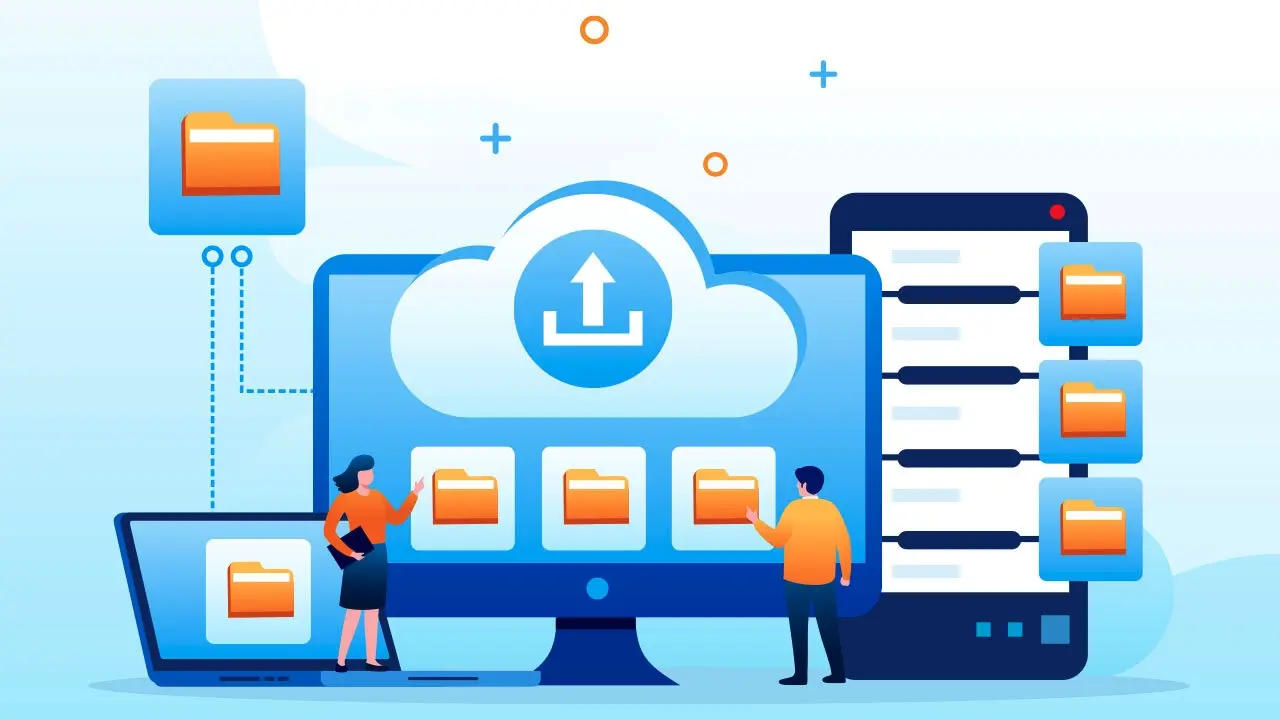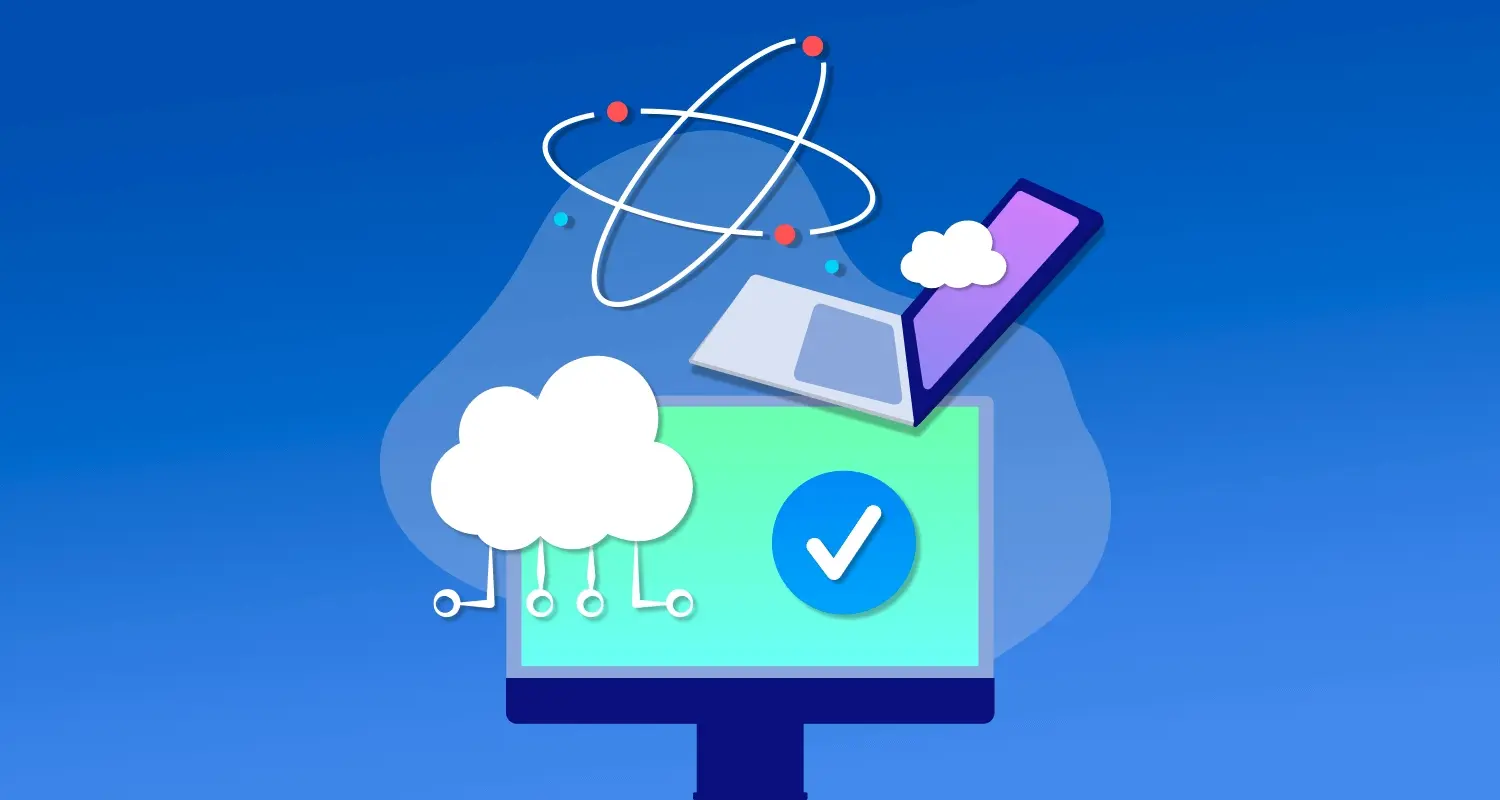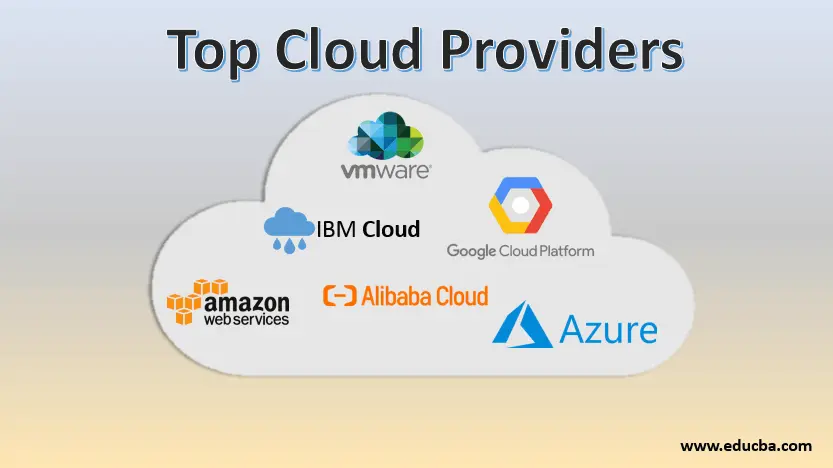Understanding Cloud Backup Solutions
In today's digital age, the importance of safeguarding your data cannot be overstated. Cloud backup solutions have emerged as a critical component in protecting valuable information from loss due to hardware failures, cyberattacks, or natural disasters. These solutions allow users to store data on remote servers, ensuring that it is accessible anytime, anywhere, while also providing an added layer of security.
Why You Need Cloud Backup
Data loss can occur for various reasons: accidental deletion, system crashes, or even ransomware attacks. A reliable cloud backup solution mitigates these risks by duplicating your data and storing it securely offsite. This means that even if your local devices fail or are compromised, your information remains safe and recoverable.
Additionally, the convenience of accessing your data from any device connected to the internet makes cloud backup a flexible option for individuals and businesses alike. Whether you’re a freelancer with critical client files or a large corporation with extensive data, cloud backup solutions scale to meet your needs.
Types of Cloud Backup Solutions
There are several types of cloud backup solutions available, each with its advantages and suitable use cases:
- Public Cloud Backup: Services like Google Drive, Dropbox, and Microsoft OneDrive allow users to store files in the cloud, offering easy access and sharing capabilities. However, they may not provide comprehensive backup solutions for all data types.
- Private Cloud Backup: This option offers enhanced security and control over your data. Organizations can create their private cloud environments to store sensitive information, ensuring compliance with regulations.
- Hybrid Cloud Backup: Combining on-premises and cloud storage, hybrid solutions provide the best of both worlds. Businesses can store critical data locally for quick access while backing up to the cloud for redundancy.
- Backup as a Service (BaaS): BaaS providers offer managed backup solutions, handling everything from data transfer to storage and recovery. This is ideal for organizations lacking the resources to manage their backup infrastructure.
Key Features to Look for in a Cloud Backup Solution
When selecting a cloud backup solution, consider the following key features to ensure it meets your needs:
- Data Encryption: Look for solutions that provide end-to-end encryption to protect your data both during transmission and while stored in the cloud.
- Automatic Backups: Choose a service that offers automated backup schedules to ensure your data is consistently updated without manual intervention.
- Versioning: The ability to access previous versions of files can be invaluable for recovering from accidental deletions or unwanted changes.
- Scalability: As your data needs grow, your backup solution should be able to scale easily without requiring significant changes or additional costs.
- Easy Recovery: A simple and intuitive recovery process is essential to minimize downtime and ensure business continuity in case of data loss.
Cost Considerations
While cloud backup solutions provide essential data protection, it’s important to consider the costs involved. Pricing models vary widely, with factors such as storage capacity, features, and the number of users influencing the overall cost.
Some providers offer tiered pricing based on storage usage, while others may charge a flat monthly fee. It’s crucial to assess your specific data storage needs and evaluate different providers to find the best value for your budget. Keep in mind that investing in a reliable cloud backup solution can save you money in the long run by preventing the costly repercussions of data loss.
Best Practices for Effective Cloud Backup
To maximize the effectiveness of your cloud backup strategy, consider these best practices:
- Regularly Review Backup Settings: Ensure that your backup settings align with your current data needs. Regularly review and adjust your backup schedules and storage capacities as necessary.
- Test Your Backups: Periodically test your backup restoration process to verify that your data can be successfully recovered when needed.
- Implement a 3-2-1 Backup Strategy: This strategy suggests keeping three copies of your data, on two different storage media, with one copy stored offsite (like in the cloud). This diversifies your backup and enhances your data protection.
Conclusion
In a world where digital data is paramount, safeguarding your information with a reliable cloud backup solution is essential. By understanding the types of solutions available, the key features to look for, and implementing best practices, you can protect your digital assets against unforeseen events. Whether you are an individual user or a business, investing in cloud backup is not just a smart move—it's a necessary step in securing your digital world.






